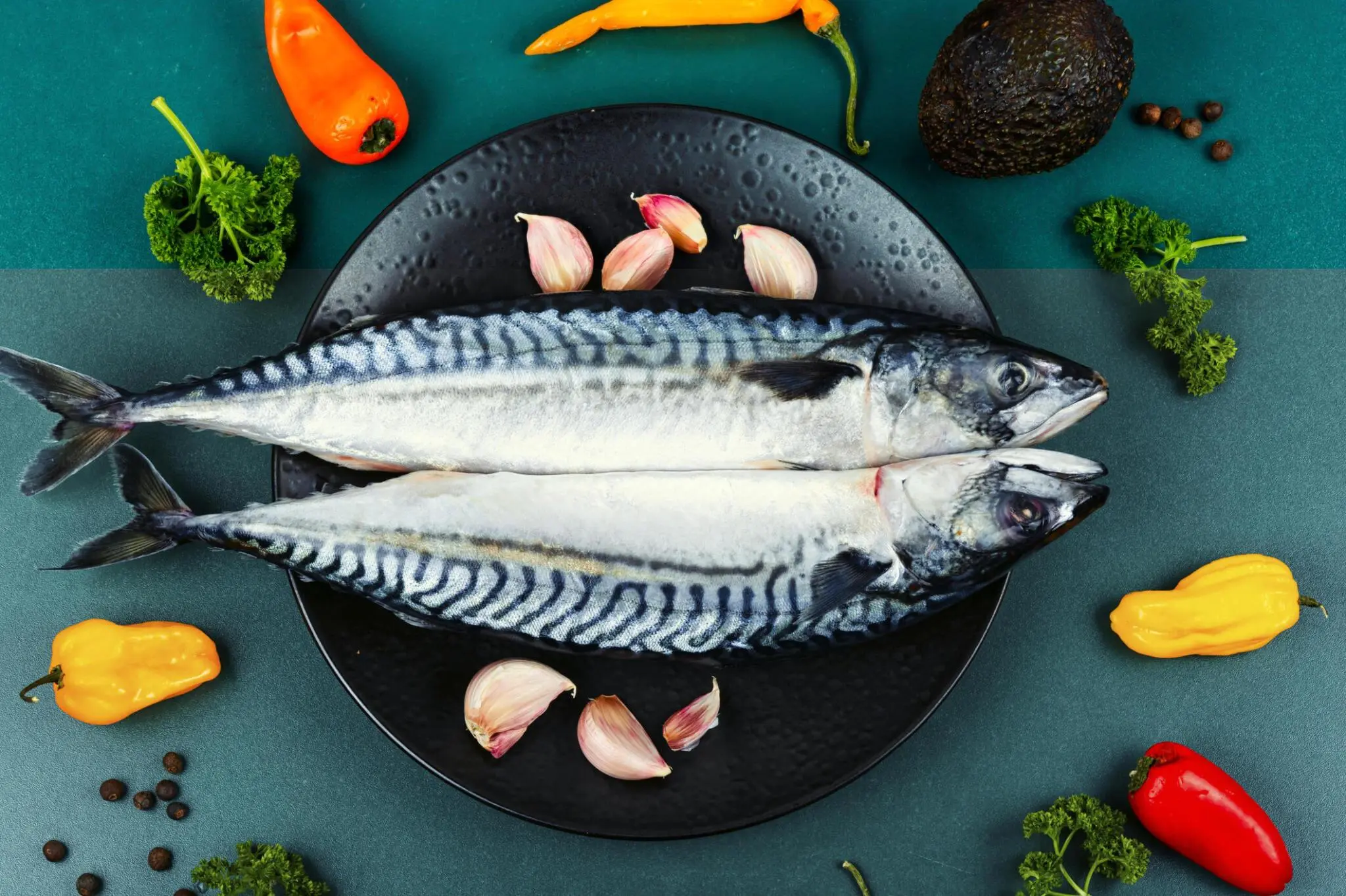In this blog, we explore the distinctive characteristics of the Atlantic Diet, comparing it to the renowned Mediterranean Diet and delving into its health benefits, potential drawbacks, and cultural significance. Discover how embracing this coastal culinary tradition can elevate your well-being and support a sustainable lifestyle.
What defines the Atlantic Diet?
The Atlantic Diet encompasses dietary patterns and food choices traditionally followed by populations residing along the Atlantic coastline. It emphasizes fresh, locally sourced seafood, vegetables, whole grains, and fruits.
In Portugal, the Atlantic Diet includes dishes like grilled sardines, bacalhau (salted cod), and caldo verde (kale soup), accompanied by staples such as potatoes and olive oil.
How does the Atlantic Diet distinguish itself from the Mediterranean Diet?
While both diets share similarities in emphasizing seafood and plant-based foods, the Atlantic Diet places greater emphasis on fish varieties abundant in the Atlantic Ocean, such as cod and mackerel, compared to the Mediterranean Diet’s focus on fish like sardines and anchovies.
The Atlantic Diet might include dishes like seafood stews and grilled fish, while the Mediterranean Diet features dishes like Greek salad and pasta with tomato-based sauces.
What health advantages does the Atlantic Diet offer?
The Atlantic Diet is associated with numerous health benefits, including improved heart health due to its emphasis on omega-3 fatty acids found in fish, as well as enhanced weight management and reduced risk of chronic diseases like diabetes and certain cancers.
Consuming a diet rich in omega-3 fatty acids from Atlantic fish may lower the risk of cardiovascular diseases such as heart attacks and strokes.
Are there any potential drawbacks associated with adhering to the Atlantic Diet?
While the Atlantic Diet is generally considered healthy, potential downsides may include environmental concerns related to the overfishing of certain seafood species and issues of sustainability. Additionally, individuals with seafood allergies or dietary restrictions may find it challenging to adhere to this diet.
Overconsumption of certain types of seafood in the Atlantic Diet, such as large predatory fish like swordfish, may lead to increased exposure to environmental contaminants like mercury.
Is it advisable to incorporate the Atlantic Diet into your lifestyle?
Incorporating elements of the Atlantic Diet can be beneficial for individuals seeking a balanced and nutritious eating pattern. However, personal preferences, dietary needs, and cultural factors should also be considered when adopting any new diet.
If someone enjoys seafood and desires a diet rich in lean proteins and heart-healthy fats, incorporating the Atlantic Diet’s principles might be a suitable choice for them.
How does the nutritional composition of the Atlantic Diet compare to other regional diets?
The Atlantic Diet’s nutritional profile differs from that of other regional diets due to variations in available food sources, cultural influences, and cooking methods. Comparing macronutrient ratios, micronutrient content, and health outcomes can provide insights into these differences.
Contrasting the Atlantic Diet with the Japanese diet reveals variations in seafood preferences, with Japan’s focus on sushi and sashimi versus the Atlantic Diet’s emphasis on grilled and stewed fish dishes.
What cultural and historical factors influence the Atlantic Diet?
Cultural traditions, historical practices, and geographical factors significantly shape the Atlantic Diet, influencing food preferences, cooking techniques, and ingredient availability.
In coastal regions of Spain, Portugal, and France, centuries-old fishing traditions and reliance on locally grown produce have shaped the culinary landscape, resulting in dishes like Spanish paella and Portuguese caldeirada (fish stew).
Are there specific foods or food groups that are emphasized or avoided in the Atlantic Diet?
The Atlantic Diet promotes the consumption of fresh seafood, vegetables, whole grains, legumes, and fruits while limiting processed foods, sugary beverages, and excessive red meat intake.
Atlantic Diet enthusiasts often prioritize incorporating nutrient-rich foods like oily fish, leafy greens, and whole grains into their meals while reducing the intake of processed snacks and sugary desserts.
How does the Atlantic Diet contribute to environmental sustainability?
The Atlantic Diet’s focus on locally sourced, seasonal ingredients and sustainable seafood choices can reduce carbon footprints associated with food transportation and support local economies and ecosystems.
By favoring locally caught fish over imported varieties and incorporating seasonal fruits and vegetables, adherents of the Atlantic Diet can minimize the environmental impacts associated with long-distance food transportation.
What research or studies support the health benefits of the Atlantic Diet?
Scientific studies have linked adherence to the Atlantic Diet with various health benefits, including reduced risk of cardiovascular diseases, improved weight management, and enhanced overall well-being. According to Research, findings provide evidence supporting the positive impact of this dietary pattern on human health.
A study published in the European Journal of Nutrition found that individuals following an Atlantic Diet-style eating pattern had lower levels of inflammatory markers and reduced risk of metabolic syndrome compared to those following a Western-style diet.
Thank you for reading our comprehensive guide to the Atlantic Diet and its regional variations! We hope you found valuable insights into the traditional Atlantic diet, as well as the South and North Atlantic diets.
If you’re interested in exploring more about healthy eating and lifestyle tips, feel free to check out our latest blog on Papaya Seeds Benefit
Stay tuned for more informative content and don’t forget to subscribe to our newsletter for updates on future articles.






